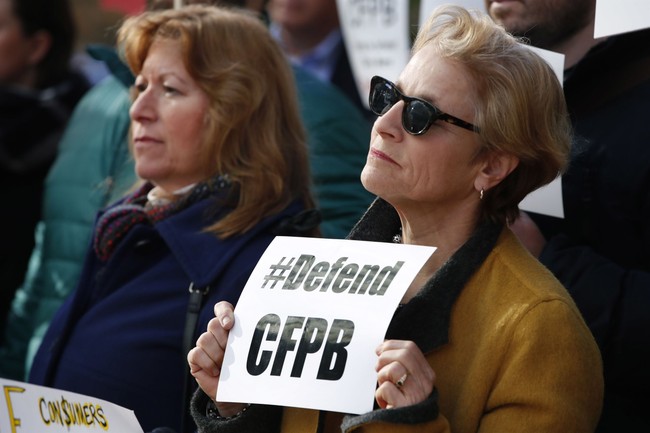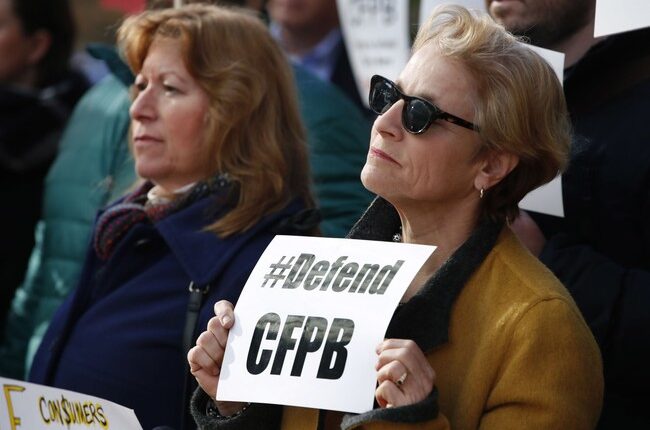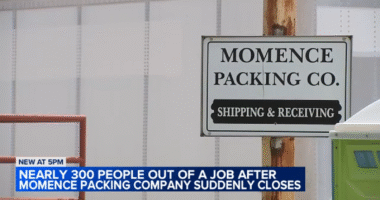
There is a strong argument for the new Trump administration to pause the enforcement of any recent rules and regulations implemented by the previous Biden administration. The definition of “recent” could vary, but I personally suggest considering it as anything within the past four years.
One example is the Consumer Financial Protection Bureau (CFPB), a creation of Senator Elizabeth Warren (D-MA), which has been criticized for leadership issues and exceeding its mandate. The CFPB operates independently and appears to believe it is exempt from oversight; in a recent move, they have unilaterally decided to regulate payment apps (such as Paypal, Google Pay, etc.) and digital wallets as if they were banks.
Predictably, they’re being sued. Again.
Two prominent technology industry associations are contesting the Consumer Financial Protection Bureau’s (CFPB) attempt to classify payment apps and digital wallets as banks. In a legal complaint filed in federal court in Washington, DC, NetChoice and TechNet argue that the CFPB’s regulation of digital payments, announced on November 21st, 2024, lacks consistency and justification.
“The CFPB’s unlawful power grab undermines the rule of law, further bloats the administrative state and puts American consumers and innovation at risk,” Chris Marchese, NetChoice’s director of litigation, said in a statement. “The CFPB’s actions create unnecessary roadblocks for businesses striving to meet consumer needs and set the stage for increased prices and reduced options.”
The CFPB is truly its creator’s child; Sen. Warren never saw a punitive tax, regulation, or government overreach she wouldn’t embrace wholeheartedly, even if said tax, regulation, or overreach isn’t worth 1/1024th of the paper it’s printed on.
The rule, which went into effect in late December, lets the CFPB oversee digital payment processors’ compliance with federal privacy and fraud laws through “proactive examinations.” The bureau estimated that the apps included under the rule — including Apple Pay, Google Wallet, PayPal, Venmo, and CashApp — collectively process more than 13 billion transactions a year.
But NetChoice and TechNet claim that the CFPB didn’t sufficiently identify consumer risks or gaps in oversight that would justify the rule. “The bureau failed to show that consumer risks the rule was even meant to alleviate in its haste to dream up a problem in search of a solution,” the suit claims.
This rogue bureau needs to be reined in.

















